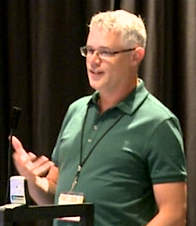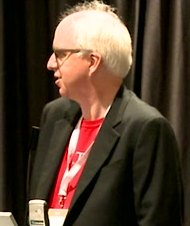CppCon 2015 Call for Volunteers

Call for Volunteers
From the announcement:
If you would like to attend CppCon 2015, see great C++ content, and meet our speakers and attendees, but a week’s registration doesn’t fit your time or money budget, consider volunteering.
We are looking for volunteers to help run the conference. We need people to help assemble registration packets and badges, register attendees, assist speakers with Audio/Video, and in general be on hand to make things run smoothly. In exchange, we’ll see to it that you’ll spend at least half of your time in sessions. It would be great if you could join us for the whole week, but if you can only make it for one or two days, we can work with that. This is a particularly great opportunity for locals with an interest in C++. If you are interested or would like more information, please email [email protected].

 Have you registered for CppCon 2015 in September? Don’t delay –
Have you registered for CppCon 2015 in September? Don’t delay –  Have you registered for CppCon 2015 in September? Don’t delay –
Have you registered for CppCon 2015 in September? Don’t delay –  CppCon 2015 is the largest community gathering for the breadth and depth of modern C++. If you haven't registered yet,
CppCon 2015 is the largest community gathering for the breadth and depth of modern C++. If you haven't registered yet,